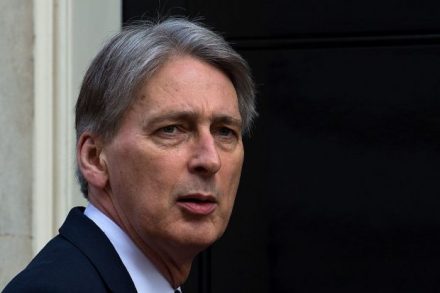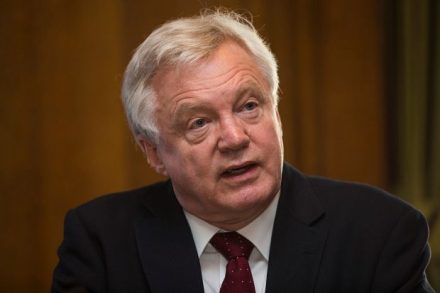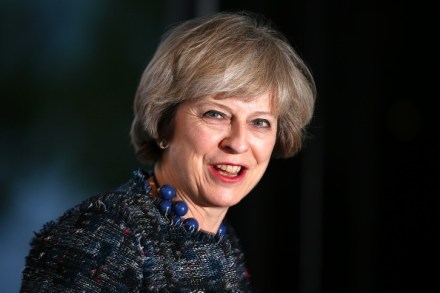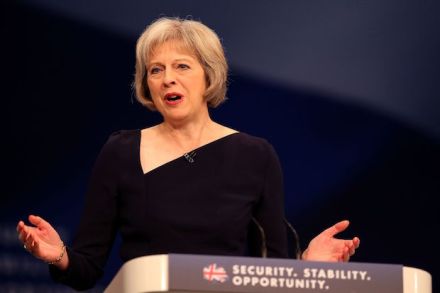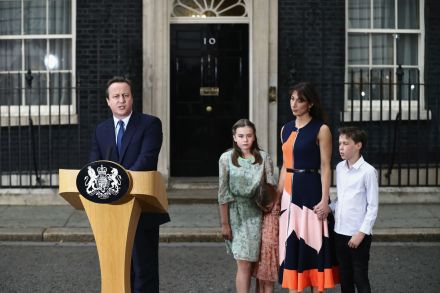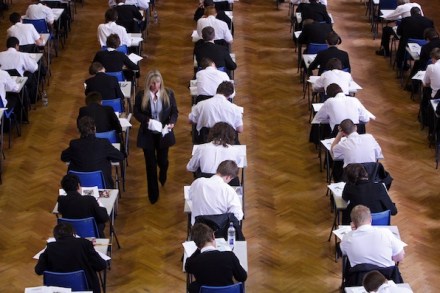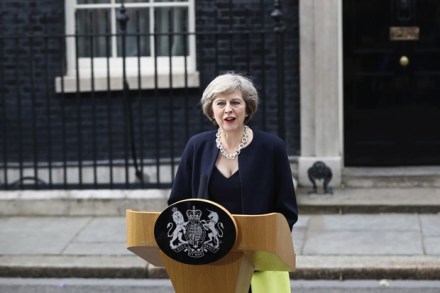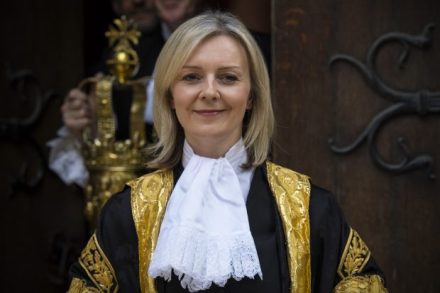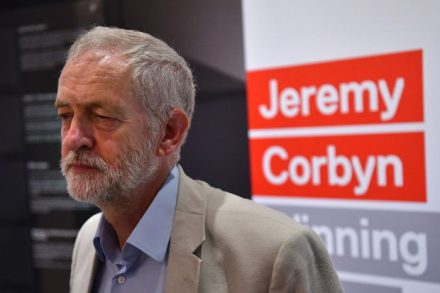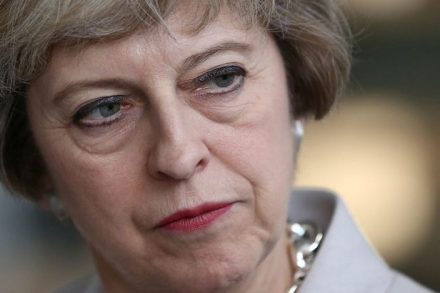Should we be nice to foreigners? The new Brexit vs Remain divide
Amber Rudd’s proposal to make companies publish lists of how many foreign workers they employ inflicted significant damage to one of Theresa May’s oldest aims: to shake off the Tories’ ‘nasty party’ image. And it also drew expressions of disgust from across the board, with Steve Hilton – David Cameron’s former aide – saying it amounted to ‘shaming’ of foreign workers. Grant Shapps said he would not vote for it. To the many Conservatives who spent years trying to reset the Tories’ image, last week’s conference was an awful setback. This was made worse because Rudd’s proposal wasn’t even in her speech, but in the footnotes. It suggests that May’s





